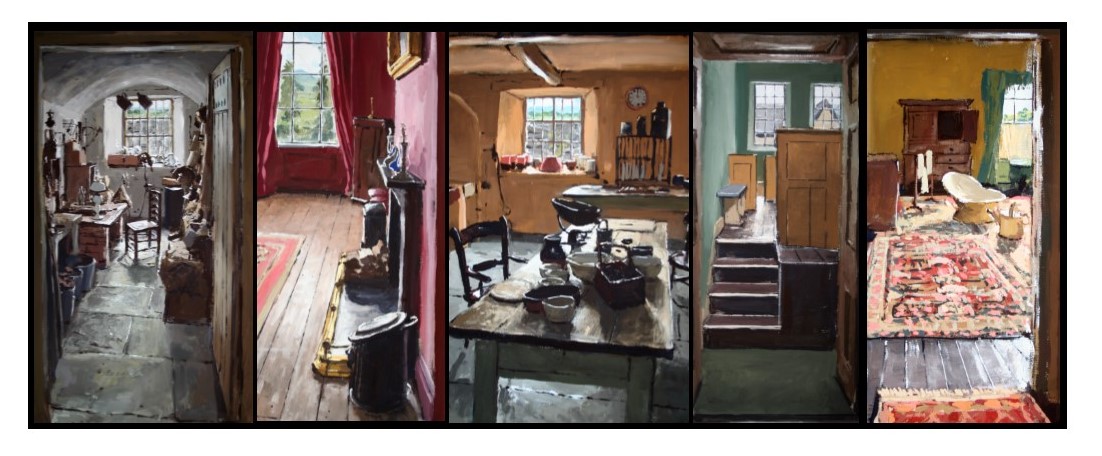The name given to the tight trousers worn by some Regency gentlemen, such as the notorious Beau Brummell and his ‘dandy’ followers, as they showed off their leg muscles.
The Judge’s Lodging versus Downton Abbey!
We’d like you to meet one of our magistrates! (No, this is not a new star spot we are trying to instigate – we thought you might be interested in this one!)

This chap is John Percy Servern, Victorian resident of Penybont Hall, down the road from us, and one of the gentlemen who worked as a magistrate in the building during its heyday. We’ve got this picture of him, the only one we know of, up on our walls where he sits in a row of portraits of worthy gentlemen on the time. Apart from being a substantial landowner, he was a director of two railway companies, a Captain of the Knighton Volunteers, the local territorial army and was said to be stern but just as a magistrate.
So what does all this have to do with Downton Abbey? Well, the Daily Mail revealed last Saturday that this chap was in fact the inspiration for the Earl of Grantham! Writer Julian Fellowes’ great-grandfather worked on Severn’s Penybont estate, apparently inspiring the Downton creator. So all of you Downton fans better come on down and soak up the atmosphere of rural Victorian Radnorshire!
Read the full story here
